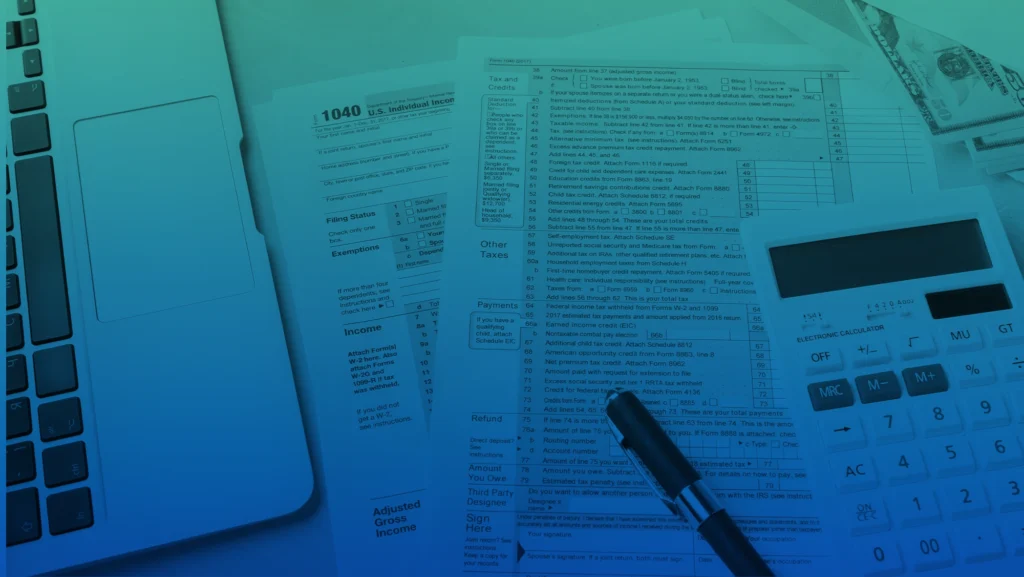Understanding the No Tax on Tips Act
The "No Tax on Tips Act" represents a significant change in tax policy, specifically tailored for service industry workers. This legislation aims to eliminate the taxation of tips, which could lead to increased take-home pay for employees who rely heavily on gratuities.
By removing the tax burden on tips, the Act seeks to provide financial relief to workers in sectors such as hospitality and personal services. For example, a server earning $20,000 in tips annually could see a substantial increase in their disposable income, enhancing their financial stability and overall quality of life.
Implications for Employers
Employers in the service industry must understand the implications of the "No Tax on Tips Act" on their payroll and tax obligations. With the removal of tip taxation, employers may need to adjust their accounting practices and employee compensation structures accordingly.
Additionally, businesses might experience shifts in employee satisfaction and retention rates as workers benefit from increased earnings. Employers will need to communicate these changes effectively to ensure compliance and maintain a positive workplace environment.
How to Prepare for Tax Changes
As tax policies evolve, it’s crucial for both individuals and businesses to stay informed and prepared. Understanding the upcoming changes brought by the "No Tax on Tips Act" can help taxpayers navigate their financial responsibilities more effectively.
Taxpayers should consider consulting with financial advisors or tax professionals to strategize their tax planning. This preparation can include adjusting withholding amounts, reassessing budgets, and understanding new filing requirements that may arise from the changes in tip taxation.
Resources for Tax Guidance
Accessing reliable resources for tax guidance is essential for navigating the complexities of new tax laws. Blunt Financial Solutions offers comprehensive services that can assist individuals and businesses in understanding the implications of the "No Tax on Tips Act."
Utilizing online tools, webinars, and professional consultations can provide valuable insights into tax preparation and planning. Resources like IRS publications and industry-specific tax guides can also help users stay informed about their tax obligations and opportunities for savings.
